ACTD, CTD, and eCTD Dossier Compilation & Service Provider: Simplifying Regulatory Submissions
Introduction
In the pharmaceutical industry, the submission of comprehensive and well-organized dossiers is essential for obtaining regulatory approvals and bringing new drugs to market. Dossier compilation and submission processes have evolved over time, with the adoption of standardized formats such as the Asian Common Technical Document (ACTD), the Common Technical Document (CTD), and the electronic Common Technical Document (eCTD). These formats provide a structured framework for organizing and presenting regulatory information in a consistent and harmonized manner. , we are service providers will explore the concepts of ACTD, CTD, and eCTD dossier compilation, support to dossier compilation and simplifying Regulatory Submissions.
I. Understanding ACTD, CTD, and eCTD
A. Asian Common Technical Document (ACTD):
- Definition and Purpose: Explain the ACTD as a regional standard for regulatory submissions in Asian countries, designed to facilitate the registration process by harmonizing the format and content requirements.
- Key Components: Discuss the key sections of the ACTD, including administrative information, quality, nonclinical, and clinical data, as well as labeling and product information.
B. Common Technical Document (CTD):
- Definition and Purpose: Explain the CTD as an internationally accepted format for regulatory submissions, developed by the International Council for Harmonisation of Technical Requirements for Pharmaceuticals for Human Use (ICH).
- Structure and Sections: Discuss the organization of the CTD, which consists of five modules (Module 1-5) covering administrative, quality, nonclinical, and clinical data, as well as labeling and product information.
C. Electronic Common Technical Document (eCTD):
- Definition and Purpose: Explain the eCTD as a standard electronic format for regulatory submissions, allowing for the electronic creation, review, and submission of dossiers to regulatory authorities.
- Benefits of eCTD: Discuss the advantages of eCTD, such as improved efficiency, enhanced data integrity, reduced paper-based processes, and streamlined interactions with regulatory agencies.
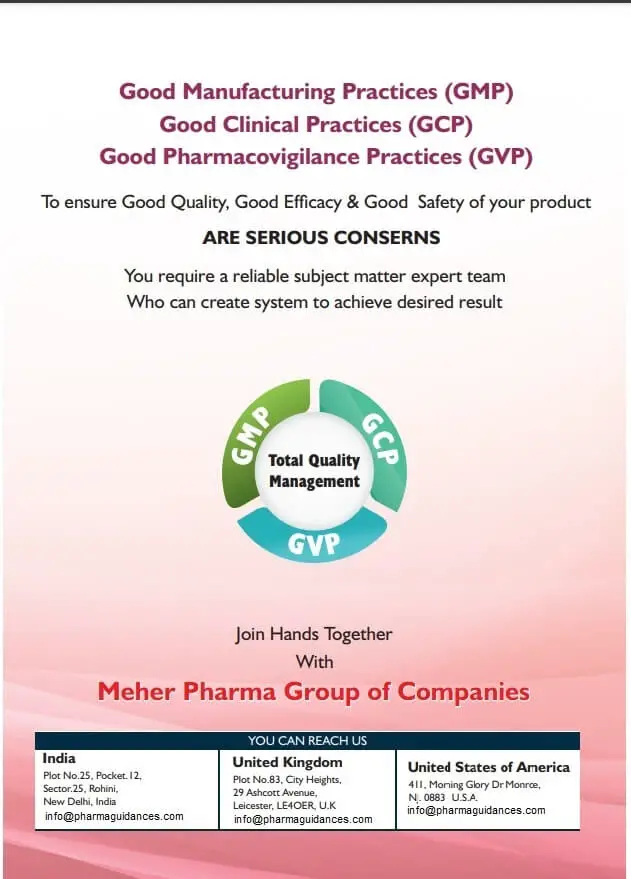
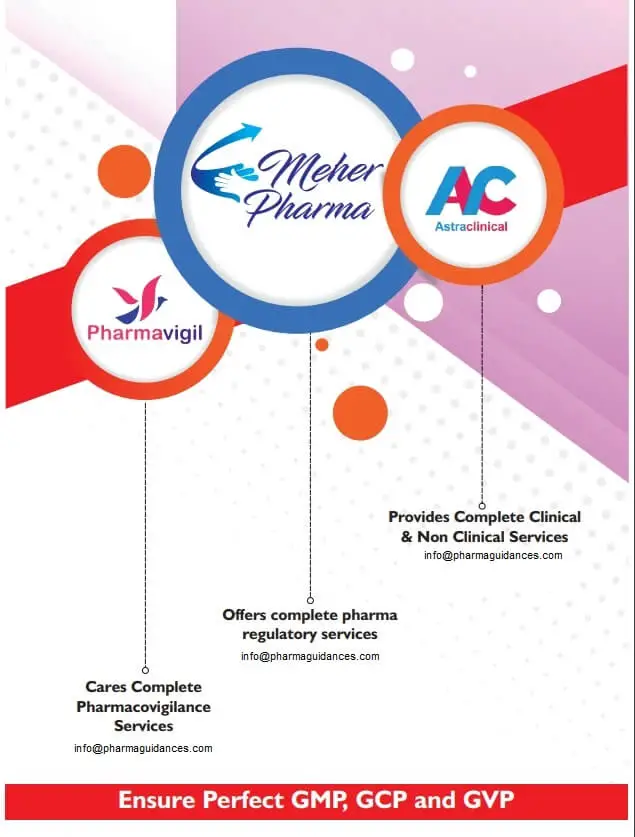
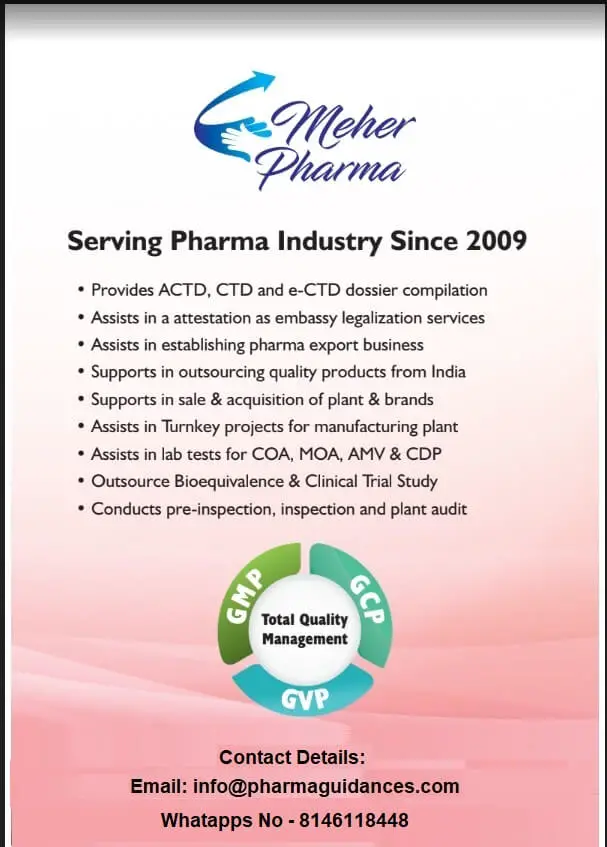
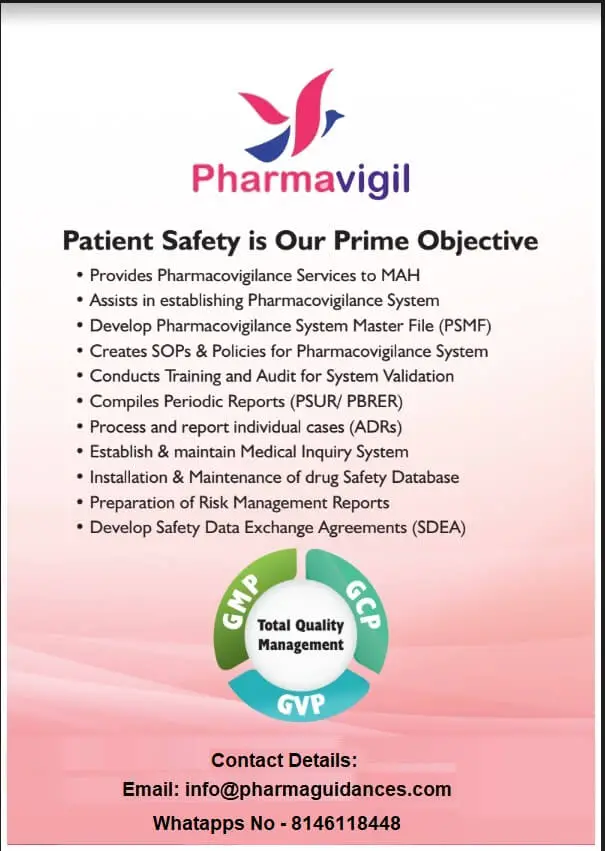
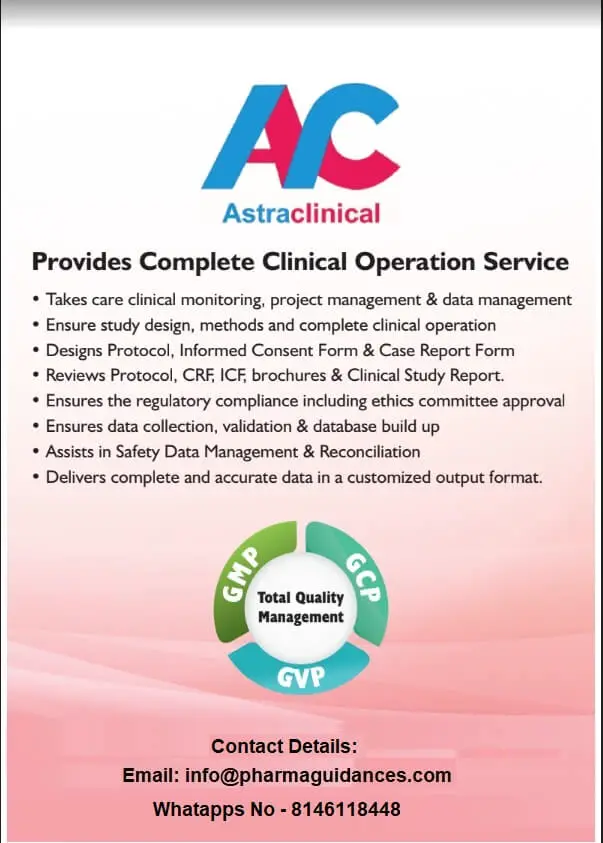
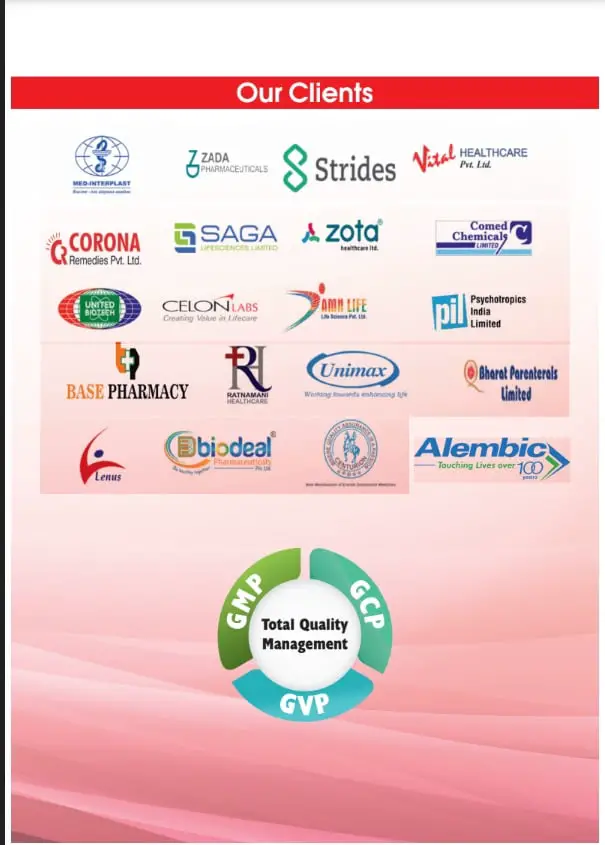
II. Benefits of Standardized Dossier Compilation Formats
A. Streamlined Regulatory Submissions:
- Consistency and Harmonization: Discuss how standardized dossier formats, such as ACTD, CTD, and eCTD, promote consistency and harmonization in regulatory submissions, enabling faster and more efficient reviews by regulatory agencies.
- Cross-Regional Acceptance: Highlight the benefits of using standardized formats for submissions across different countries and regulatory jurisdictions, reducing the need for duplicative efforts and facilitating global drug development.
B. Enhanced Data Integrity and Quality:
- Structured Organization: Explain how standardized dossier formats improve the organization and presentation of data, ensuring clear and logical flow, and minimizing errors or omissions.
- Document Control and Versioning: Discuss how standardized formats facilitate document control, versioning, and tracking changes, ensuring data integrity and compliance with regulatory requirements.
C. Improved Collaboration and Communication:
- Interoperability: Highlight how standardized dossier formats enable better collaboration and communication between pharmaceutical companies, contract research organizations (CROs), and regulatory authorities, by providing a common language and framework for data exchange.
- Efficient Review Processes: Explain how standardized formats facilitate the review and evaluation of regulatory submissions by regulatory authorities, enabling faster turnaround times and more effective communication.
III. Role of Service Providers in Dossier Compilation
A. Dossier Compilation Services:
- Expertise and Knowledge: Discuss how service providers specializing in dossier compilation bring extensive regulatory knowledge, expertise, and experience to assist pharmaceutical companies in preparing high-quality dossiers.
- Technical Support: Explain the technical support provided by service providers, including document formatting, template creation, data integration, and quality assurance.
B. eCTD Publishing and Submission Services:
- eCTD Preparation: Discuss the role of service providers in preparing electronic dossiers in the eCTD format, ensuring compliance with regulatory requirements and technical specifications.
- Publishing and Validation: Explain how service providers assist in publishing and validating eCTD submissions, ensuring proper document structure, hyperlinking, and adherence to regulatory guidelines.
- Regulatory Authority Interactions: Discuss how service providers facilitate interactions with regulatory authorities by submitting and tracking eCTD submissions, responding to queries, and managing regulatory correspondence.
C. Regulatory Intelligence and Compliance:
- Regulatory Updates: Explain how service providers stay updated with evolving regulatory guidelines, ensuring that dossiers comply with the latest requirements and standards.
- Compliance Assessments: Discuss the role of service providers in conducting compliance assessments, identifying gaps, and providing recommendations to ensure regulatory compliance.
IV. Best Practices for Dossier Compilation and Service Provider Selection
A. Data Management and Organization:
- Data Integration and Standardization: Discuss the importance of integrating and standardizing data across various modules and sections of the dossier to ensure consistency and coherence.
- Documentation and Version Control: Explain the best practices for maintaining accurate and up-to-date documentation, version control, and document management throughout the dossier compilation process.
B. Regulatory Project Management:
- Planning and Timelines: Highlight the significance of effective project management, including careful planning, setting realistic timelines, and ensuring adherence to milestones.
- Risk Management: Discuss the importance of identifying and mitigating risks associated with dossier compilation, such as missing data, incomplete documentation, or regulatory non-compliance.
C. Service Provider Selection:
- Expertise and Experience: Emphasize the importance of selecting service providers with proven expertise, knowledge of regulatory requirements, and experience in dossier compilation and submission.
- Regulatory Authority Relationships: Discuss the value of service providers with established relationships with regulatory authorities, facilitating smooth interactions and effective communication.
V. Conclusion
Dossier compilation and submission play a critical role in obtaining regulatory approvals and bringing new drugs to market. The adoption of standardized formats, such as ACTD, CTD, and eCTD, has simplified and harmonized the regulatory submission process. Service providers specializing in dossier compilation and eCTD publishing offer valuable expertise, technical support, and regulatory intelligence to pharmaceutical companies, ensuring compliance with regulatory requirements and facilitating efficient and effective interactions with regulatory authorities. By embracing standardized dossier formats and leveraging the services of experienced service providers, pharmaceutical companies can streamline their regulatory submissions, enhance data integrity and quality, and accelerate the approval process for new drugs. Dossier compilation and service providers are integral to navigating the complex landscape of regulatory compliance and achieving successful outcomes in the pharmaceutical industry.